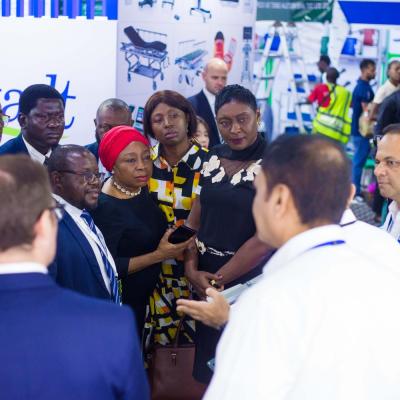Frontpage News (3259)
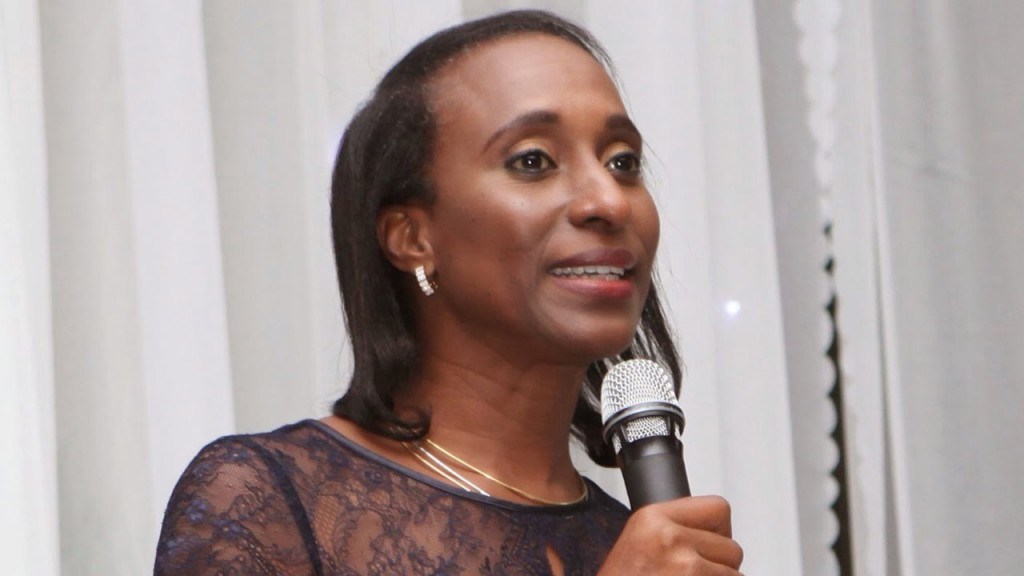 The wife of the vice president, Dolapo Osinbajo, has appealed to Nigerians to stop the use of hard drugs. Mrs. Osinbajo, in a press statement made available to on Tuesday, made the appeal during a courtesy visit to the minister of health, Isaac Adewole, by the Presidential Advisory Committee on the Elimination of Drug Abuse.
The wife of the vice president, Dolapo Osinbajo, has appealed to Nigerians to stop the use of hard drugs. Mrs. Osinbajo, in a press statement made available to on Tuesday, made the appeal during a courtesy visit to the minister of health, Isaac Adewole, by the Presidential Advisory Committee on the Elimination of Drug Abuse.
The courtesy call to the minister, who incidentally, is also a member of the committee, was to advocate for more effort on the fight against the use of hard drugs in Nigeria.
Nigerians advised on how to reduce the burden of non-communicable diseases
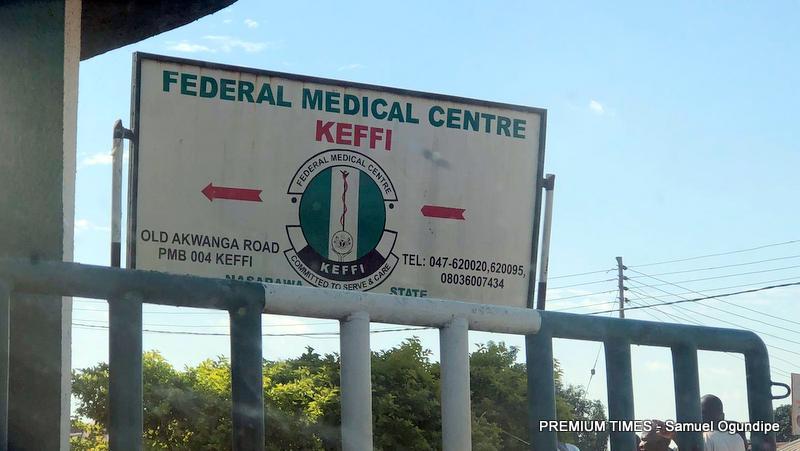 Nigerians have been urged to reduce their salt and sugar intake as well as improve on sedimentary lifestyle to curb the threat of non-communicable diseases (NCDs) in the country. This advice was given on Tuesday in Abuja at the high-level meeting on the multisectoral action plan on non-communicable diseases in Nigeria.
Nigerians have been urged to reduce their salt and sugar intake as well as improve on sedimentary lifestyle to curb the threat of non-communicable diseases (NCDs) in the country. This advice was given on Tuesday in Abuja at the high-level meeting on the multisectoral action plan on non-communicable diseases in Nigeria.
The multi-sectoral action plan is for the prevention and control of NCDs in Nigeria. The document is to serve as a strategic guide for the national response to NCDs for the next six years in Nigeria.
Osun to receive World Bank’s $20 million to fix dilapidating health facilities
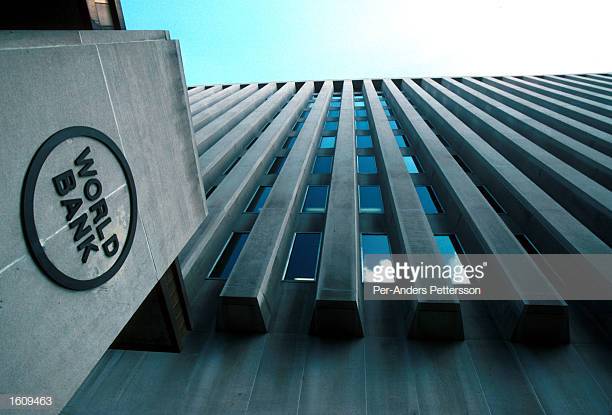 The Osun State Government is due to receive a $20 million World Bank support funds to help fix its weak health facilities.
The Osun State Government is due to receive a $20 million World Bank support funds to help fix its weak health facilities.
A statement by the chief press secretary to the governor, Adeniyi Adesina, said on Wednesday that the Minister of Health, Isaac Adewole, gave the hint in Abuja when he played host to the Osun State Governor, Gboyega Oyetola.
Budget 2019: Buhari proposes N315 billion recurrent health expenditure
 Muhammadu Buhari, Nigeria’s president, has proposed a recurrent expenditure of N 315.62 billion for the ministry of health in its 2019 appropriation bill summited to the National Assembly on Wednesday.
Muhammadu Buhari, Nigeria’s president, has proposed a recurrent expenditure of N 315.62 billion for the ministry of health in its 2019 appropriation bill summited to the National Assembly on Wednesday.
This is about 46.3 billion increase from last year’s recurrent expenditure, which was N269.3 billion. Mr Buhari, while reading his budget presentation at the joint session of the National Assembly in Abuja, said the allocation to the ministry represents a significant increase over votes in previous budgets.
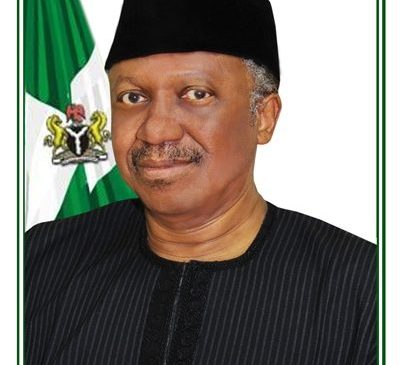 The Minister of State for Health, Dr. Osagie Ehanire has assured Nigerians that the Basic Health Care Provision Funds approved by the present administration is underway. The founds has already been processed by the Federal Ministry of Finance and would be released in no distance time.
The Minister of State for Health, Dr. Osagie Ehanire has assured Nigerians that the Basic Health Care Provision Funds approved by the present administration is underway. The founds has already been processed by the Federal Ministry of Finance and would be released in no distance time.
Ehanire made this declaration on Wednesday 12th December 2018 while briefing the press on the 5th World Universal Health Coverage (UHC) Day with a theme “United for Universal Health Coverage: Now is the Time for Collective Action”.
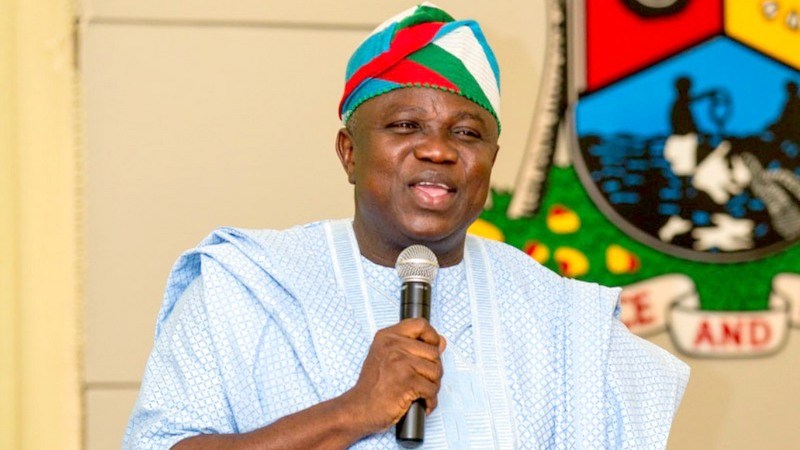 In a bid to ensure that all residents in Lagos state have access to quality and affordable health care services, the state government has on Tuesday launched the health insurance scheme.
In a bid to ensure that all residents in Lagos state have access to quality and affordable health care services, the state government has on Tuesday launched the health insurance scheme.
The Lagos state governor, Mr. Akinwummi Ambode, at the official launching of the scheme in the state, said the overall goal of the Scheme was for all residents to have unhindered access to quality healthcare at an affordable price.
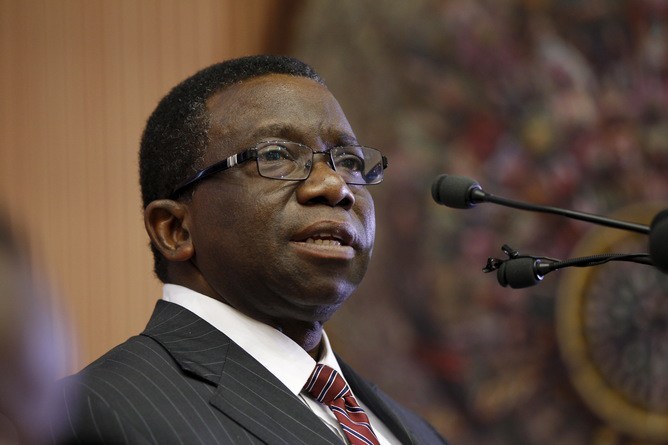 The federal government has launched a National Action Plan for Health Security (NAPHS), to provides a roadmap to improve public health in Nigeria.
The federal government has launched a National Action Plan for Health Security (NAPHS), to provides a roadmap to improve public health in Nigeria.
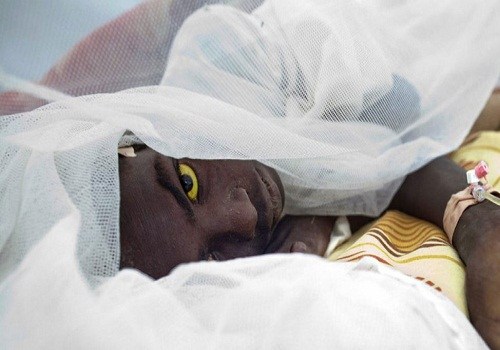 Edo State government has unveiled the Yellow fever mass vaccination campaign, targeting 3 million people across 13 local council areas. The project is in collaboration with the National Primary Healthcare Development Agency (NPHCDA), and the World Health Organisation (WHO).
Edo State government has unveiled the Yellow fever mass vaccination campaign, targeting 3 million people across 13 local council areas. The project is in collaboration with the National Primary Healthcare Development Agency (NPHCDA), and the World Health Organisation (WHO).
The vaccination campaign, which commenced yesterday would continue till December 24, 2018, having as its target, people from ages 9 months to 44 years, who are resident in the identified local councils.
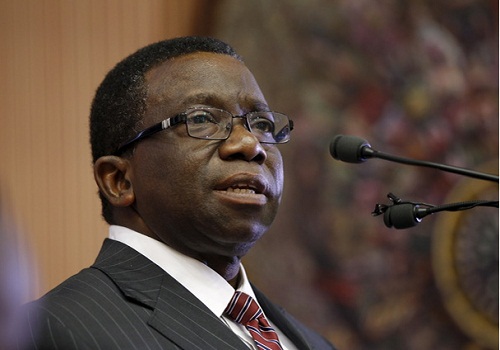 Harm Reduction Report says ‘political resistance’ fuels HIV, Hepatitis C and death of IDUs
Harm Reduction Report says ‘political resistance’ fuels HIV, Hepatitis C and death of IDUs
FAILURE of the Federal Government of Nigeria to implement harm reduction programmes against HIV, hepatitis C and preventable death among injection drug users, has been identified as a major factor militating against the progress of the nation’s public health sector.
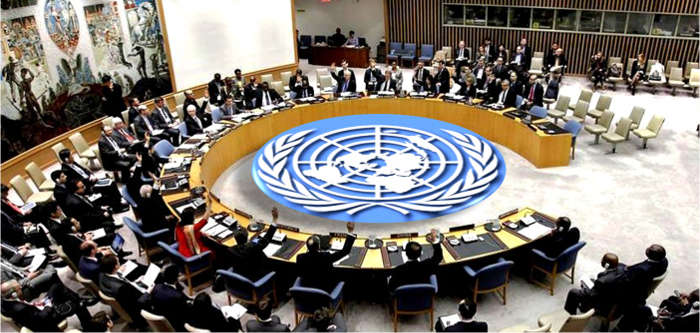 The United Nations Office on Drugs and Crime (UNODC) says Nigeria, and West and Central Africa face “disruptive and destabilizing” new trends regarding drug trafficking, drug use and other crimes.
The United Nations Office on Drugs and Crime (UNODC) says Nigeria, and West and Central Africa face “disruptive and destabilizing” new trends regarding drug trafficking, drug use and other crimes.
The Executive Director of UNODC, Mr Yury Fedotov, said this while briefing the UN Security Council session, presided by Côte d’Ivoire.
More...
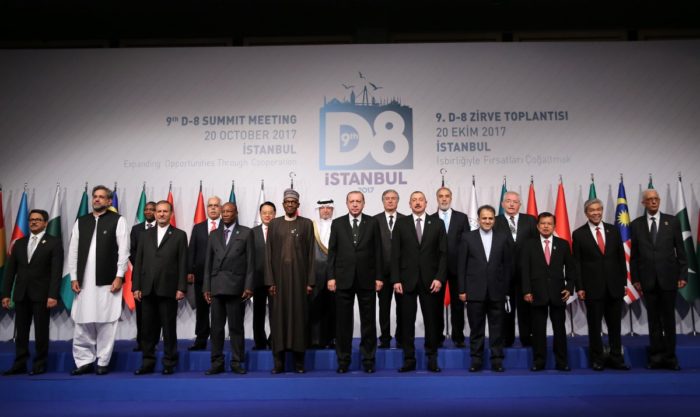 The D-8 Organisation for Economic Cooperation is targeting five sectors to strengthen Nigeria’s health system. The health programme is an initiative to enhance economic development among member countries.
The D-8 Organisation for Economic Cooperation is targeting five sectors to strengthen Nigeria’s health system. The health programme is an initiative to enhance economic development among member countries.
Dr Ado Muhammad, the Special Adviser, D8 Health and Social Protection Programme, told the News agency of Nigeria (NAN) Forum that the D8 was would expand Primary Health Care services in member countries.
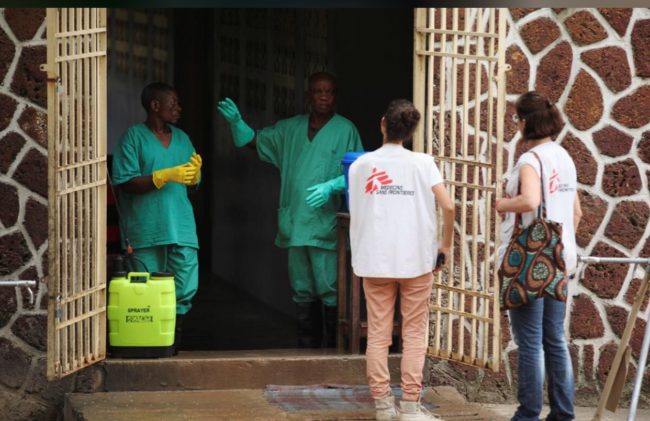 Democratic Republic of Congo’s health ministry said that 24 patients fled an Ebola treatment center in Beni on Thursday when it came under attack by people protesting the cancellation of Sunday’s presidential election.
Democratic Republic of Congo’s health ministry said that 24 patients fled an Ebola treatment center in Beni on Thursday when it came under attack by people protesting the cancellation of Sunday’s presidential election.
Ministry spokeswoman Jessica Ilunga told Reuters that 17 of the patients had already tested negative for Ebola, while seven had not yet been tested.
Scientists record major breakthrough in pig-to-human heart transplants
 A modified protocol has enabled baboons that received transplanted pig hearts to survive for more than six months. This improvement on previous efforts brings pig-to-human heart transplants a step closer.
A modified protocol has enabled baboons that received transplanted pig hearts to survive for more than six months. This improvement on previous efforts brings pig-to-human heart transplants a step closer.
Heart failure, in which the heart cannot pump blood around the body efficiently, is a problem of epic proportions. The number of adults living with heart failure in the United States is expected1 to reach more than eight million by 2030, and many of these people will die while waiting for a donor organ.
How Tanzania beat Nigeria, other African countries to reach milestone in regulation of medicines, by WHO
 Tanzania is the first confirmed country in Africa to achieve a well-functioning, regulatory system for medical products according to the World Health Organization (WHO). This means that the Tanzania Food and Drug Authority (TFDA) has made considerable improvements in recent years in ensuring medicines in the healthcare system are of good quality, safe and produce the intended health benefit.
Tanzania is the first confirmed country in Africa to achieve a well-functioning, regulatory system for medical products according to the World Health Organization (WHO). This means that the Tanzania Food and Drug Authority (TFDA) has made considerable improvements in recent years in ensuring medicines in the healthcare system are of good quality, safe and produce the intended health benefit.
“This is a major African milestone and we are very proud of Tanzania’s achievement, which we hope will inspire other countries in the region,” says Dr. Matshidiso Moeti, WHO Regional Director for Africa. “Access to medicines alone, without quality assurance, is not enough. With this milestone, Tanzania makes a big step towards improving the quality of its health care services.”


